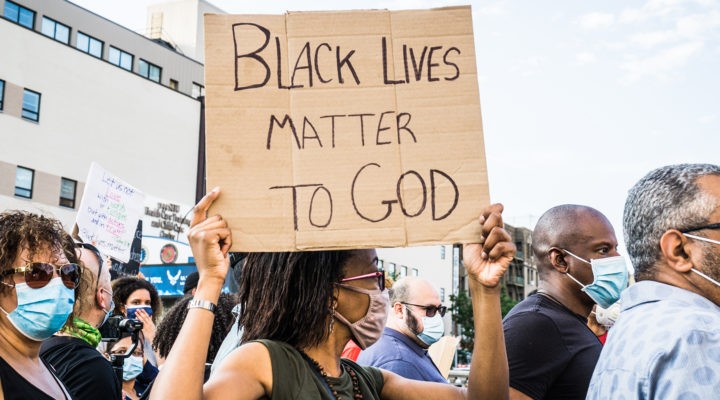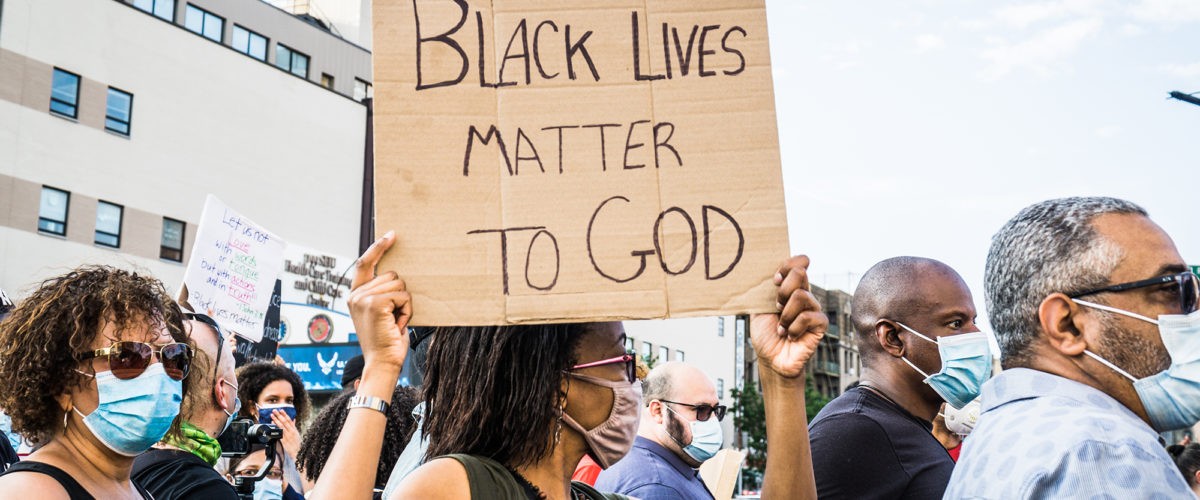The Black church in America plays a crucial role in empowering its congregants amid the reality of white supremacy that causes a growing number of Black Americans to feel insecure, new research finds.
Despite the election of Raphael Warnock as Georgia’s first Black senator and Kamala Harris as the nation’s vice president, feelings of cultural and political insecurity maintain a firm grip on Black Americans, according to the Barna Group.
In a January article about its ongoing research with partners Black Millennial Café, Gloo, Urban Ministries, Lead.NYC, the American Bible Society and Compassion, Barna said one of its key findings “was the fact that Black adults are actually more likely to express a sense of political disempowerment than they did as recently as the mid-1990s.”
While that might appear counterintuitive to non-Black Americans, the political and social landscape of recent years must be factored in, the report noted. “The significance of these activities cannot be divorced from events such as the attack on the U.S. Capitol, where rioters openly displayed racist and antisemitic symbols. The perseverance of Black faith communities remains juxtaposed with ongoing concerns about the persistence of white supremacy in the U.S.”
“The perseverance of Black faith communities remains juxtaposed with ongoing concerns about the persistence of white supremacy in the U.S.”
In 1996, 61% of Black adults expressed feelings of powerlessness in the realm of politics. “Now, the level of total agreement with that same sentiment has increased to nearly three-quarters of Black adults (73%) and Black churchgoers (75%),” Barna reported.
An antidote to that despair is found in efforts by Black churches and ministries to promote supportive candidates and policies, to improve voter turnout and to combat voter suppression efforts, researchers learned. “These findings speak to the resilience, impact and hope that the Black church represents in local communities and in the U.S. at large.”
In 1996, Black adults were asked if they agreed, disagreed or were unsure if “being associated with a Black church is comforting because it is a place where Black people have control over their lives.” Fifty percent agreed and 41% disagreed. Nine percent were unsure.
The same question in 2020 delineated between Black adults and Black churchgoers. Among Black adults in general, 65% either strongly or somewhat agreed, compared to 80% of Black churchgoers.
“Given the coinciding increase in a broader sense of powerlessness, present attendees in Black churches may see their congregations as autonomous spaces to reclaim agency and be a part of worship communities influenced by the vision and hopes of Black people,” the report said.
Respondents also largely agreed that churches must have a voice in political issues. “This posture — confronting political disenfranchisement, expressing faith identity — is evident as well in Black adults’ assertion that churches have a spiritual and social role to play. These dual concerns echo Black theologians and politicians both past and present and provided a foundation for the church’s role in the Civil Rights Movement,” the report stated.
The view that the church must prioritize both spiritual and social issues was shared by 71% of all Black adults asked and by 79% of Black churchgoers.
Barna added that younger Black churchgoers are more likely than older adults to say faith groups should focus more on social issues.


